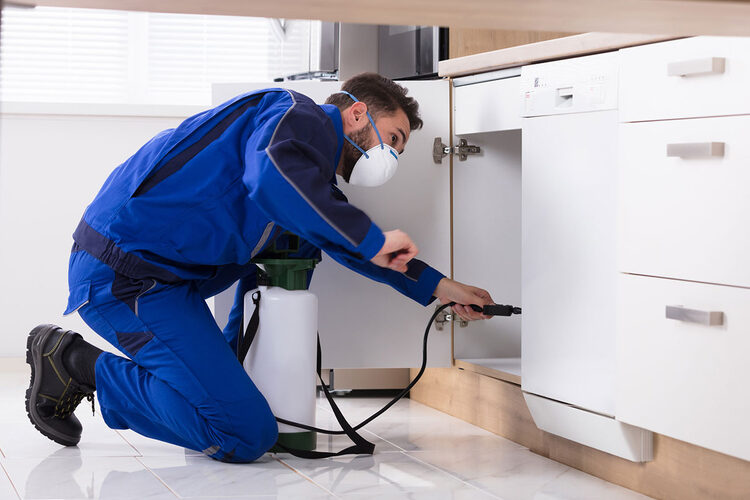How to find a good pest control company
It is sometimes easier to hire a pest control professional than to attempt to do-it-yourself. That is particularly true if the problem with pests is ongoing, if the infestation is becoming large, or if the merchandise necessary for control are just authorized for use by certified professionals. When you do need to employ a professional, keep carefully the following considerations at heart:
The Technician
Before allowing the pest control provider to enter your home, ask to see their identification, license, and certification, and check to make sure it is current. Nearly every state requires that technicians be certified and they participate in twelve-monthly training to keep carefully the license current.
The Company
May be the company bonded and insured? This is important to both protect your premises and drive back liability. Go to the company’s website. Will it appear professional? Could it be knowledgeable? Do its values correspond with your personal?
Knowledge
The technician, or sales representative, should be knowledgeable enough to reply to your pest control questions. There could be a question or two that he will not know off-hand, and, if so, he should be willing to state he’ll find out and inform you. It is best to hear a genuine “I have no idea, but I’ll find out,” than to get wrong or made-up answers.
Professional Appearance
If the technician involves your door, their uniform and overall look should be clean and professional. The truck, equipment, and chemicals also needs to supply you with a secure feeling of professionalism.
References
Before calling a pest control company, ask others who live nearby for referrals. Consult with your state pest control association, or go to the National Pest Management Association’s (NPMA) website for a state-by-state set of providers. It will always be smart to check any business with the BBB. If you didn’t receive any personal recommendations, you might ask the provider for references-and follow-up with calls to the clients provided.
Price
The cheapest price is not necessarily the best deal. When a company says it’ll solve your trouble in a single service for $X, as well as your problem still exists after you have payed for that service, you haven’t saved hardly any money. Instead, you will likely need to get started on over with another provider and wrap up paying considerably more than if you’d chosen quality over price the very first time.
Contract
If you’re finding a company for ongoing service, discuss your alternatives with the technician, or sales representative. Will quarterly service care for the issue? Or do you desire a monthly service? Perchance you begins with monthly, or even more frequent, service to remove the trouble, then drop to a less frequent maintenance schedule once it is solved. Make sure to browse the contract carefully, understand all small print, and have questions before you to remain the line.
Service
Before trying any service, the technician should talk to you to go over precisely what the challenge is, find out where and what you’ve seen or heard, and have probing questions to ensure she fully understands the problem with pests. Following that discussion, the pest control technician should inspect your home or building through a specialist eye, identify the pest or pests, and set cure plan.
Chemicals
Oftentimes, the technician use chemicals for elimination, but he should be willing to go over the chemicals he expects to work with, any possible undesireable effects and any non-chemical options. All chemical containers should be labeled and also have a clean, professional appearance. Upon request, the technician can give a Material Safety Data Sheet (MSDS) and specimen label for every single chemical used.
Documentation
After completing service, the technician should give a report detailing the service performed, any necessary follow-up action, and any customer advice. The report also needs to detail the service costs.
Consultation
Sooner or later during service, the technician should make advice for future prevention. With regards to the service being performed, it’s possible that could come before, during, or after service. For instance, if the inspection reveals a potential pest harborage area, the technician should let you know and recommend immediate clean-up. When a structural issue is available, the technician may wait before end and recommend maintenance, such as screen replacement or restoring of holes.
Guarantee
Many pest control companies offer guarantees, even if it’s as easy as “Guaranteed satisfaction.” Make sure to read the small print of the as well, really know what your duties are and the way to invoke the guarantee if neede


